Sen. Bam: Lower prices of goods, services with IRR for PH Competition Act signed
The signing of the Implementing Rules and Regulations (IRR) for the Philippine Competition Act will soon lead to lower prices and improved quality of goods and services for consumers, according to Sen. Bam Aquino.
“This will bring prices down while improving quality across goods like agricultural products and services like the Internet,” said Sen. Aquino, co-author and principal sponsor of Republic Act 10667 or the Philippine Competition Act.
“Creating a healthier and more competitive business environment in the Philippines has far-reaching benefits for the start-up community, small businesses, and, ultimately, Filipino consumers,” added Sen. Aquino, chairman of the Committee on Trade, Commerce and Entrepreneurship.
The IRR of Republic Act 10667 was published in major dailies today (June 3), making the law effective after 15 days or on June 18, 2016.
Sen. Bam lauded the signing of the IRR, saying “this is another major milestone for everyone that worked on the passage of the Philippine Competition Act.”
“Congratulations to the Philippine Competition Commission on the signing of the Philippine Competition Act IRR,” he said.
It took 25 years before Congress finally enacted the Philippine Competition Act into law and it happened under Sen. Bam’s watch as chairman of the Committee on Trade, Commerce and Entrepreneurship.
The Philippine Competition Act will help sustain the country’s ever-growing economy and ensure a climate that provides a level-playing field for all businesses.
Sen. Bam called the Philippine Competition Act as a “historic, game-changing legislation for the economy” as it penalizes bad market behavior and abuse of dominant positions.
The Philippine Competition Act is expected to eliminate cartels, and penalize anti-competitive agreements and abuses of dominant players in the markets that lead to high prices of goods and services.
Sen. Bam added that Philippine Competition Act promotes a culture of healthy competition that inspires ingenuity, creativity, and innovation in addressing market needs.
The senator earlier said that the Philippine Competition Act will be crucial to incoming President Rodrigo Duterte’s aim to improve the country’s Internet service as the law will encourage the entry of more players in the telecommunications industry.
The Philippine Competition Commission is also expected to look into the sale of San Miguel Corporation’s telecommunications assets to PLDT and Globe to assess its impact on consumers and the industry.


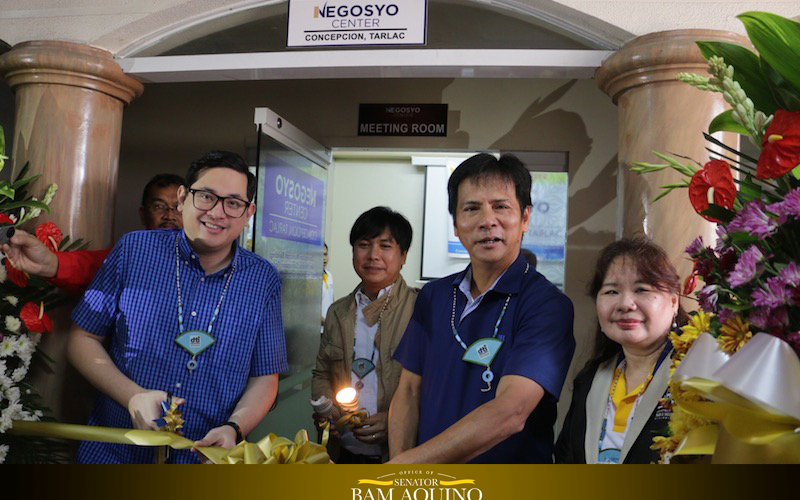
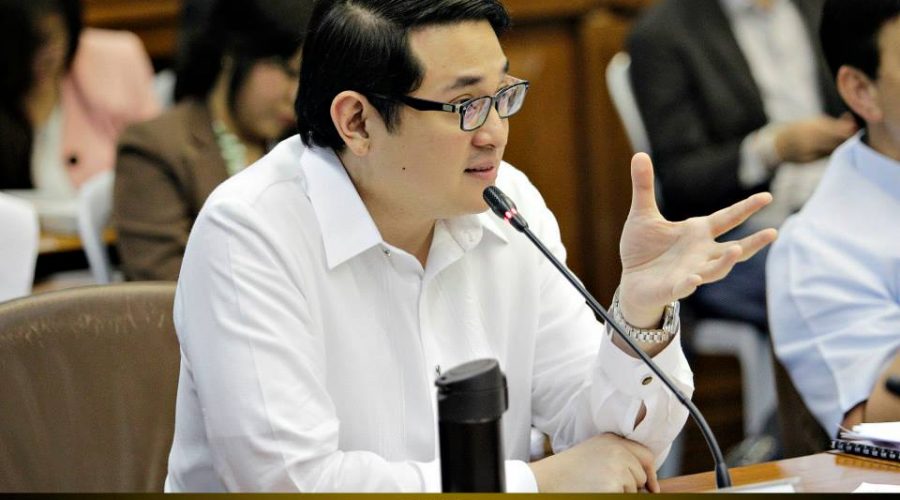
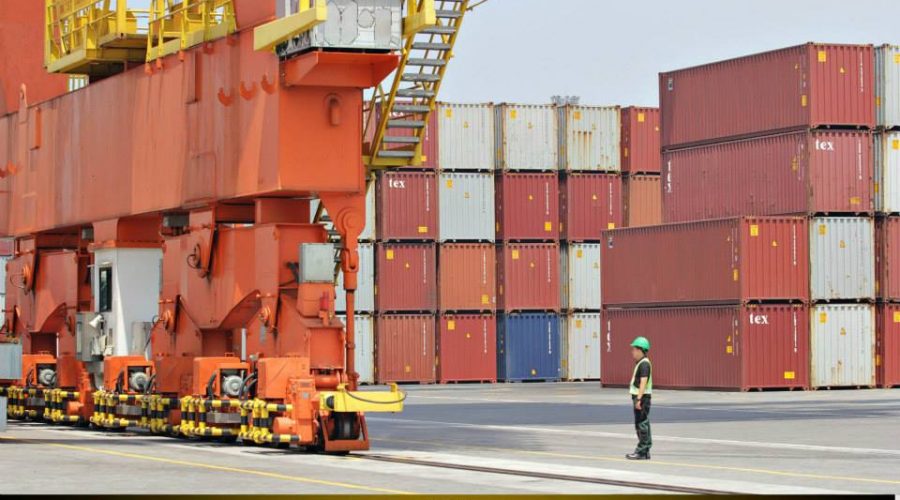
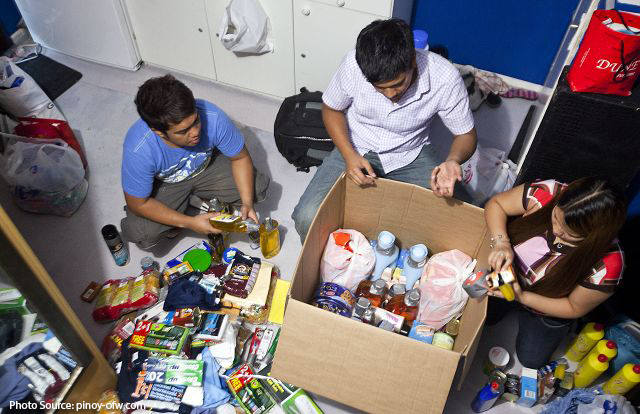
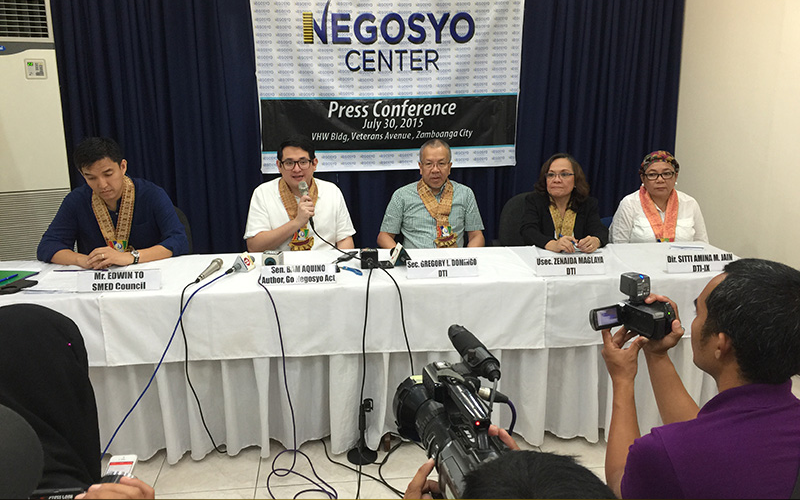
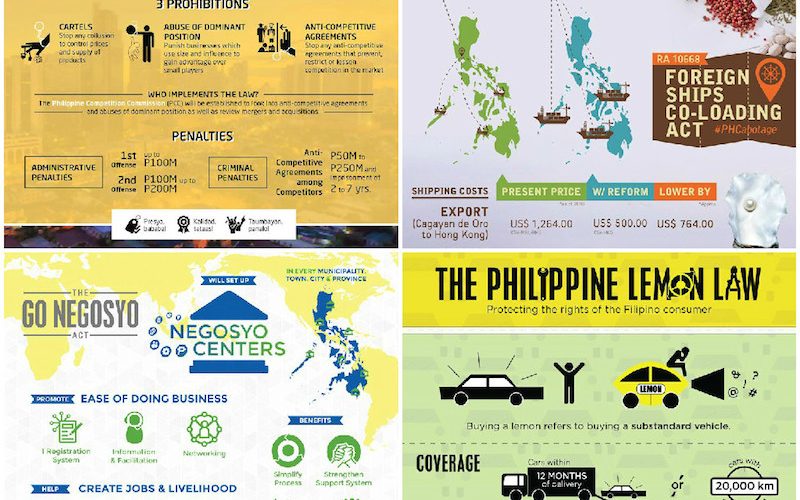
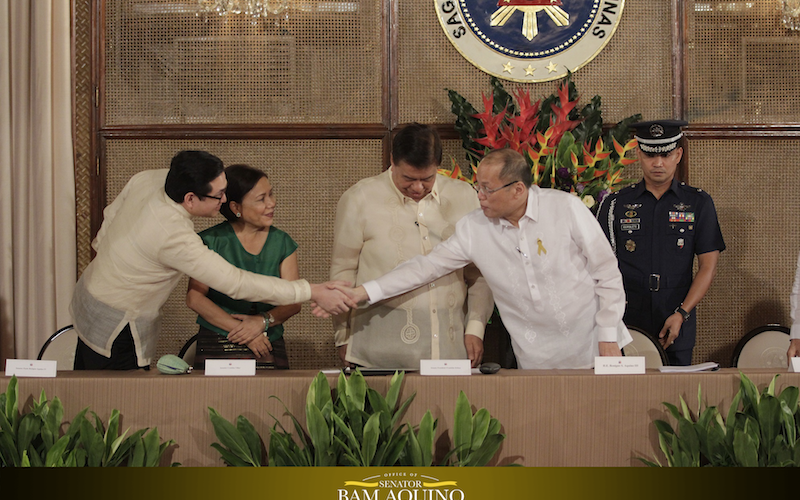
Recent Comments